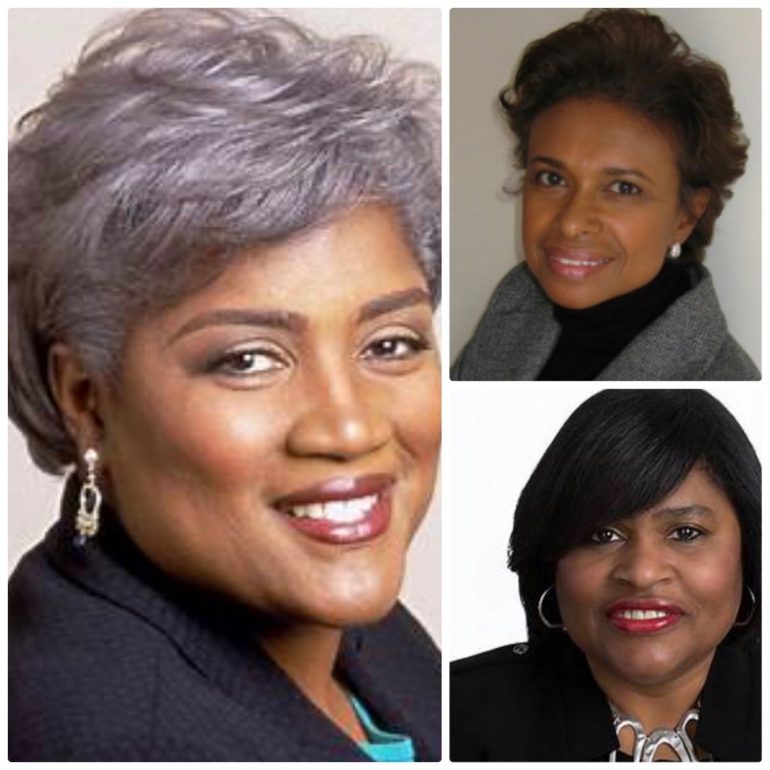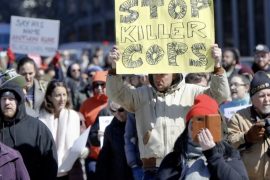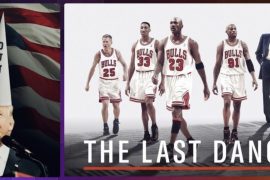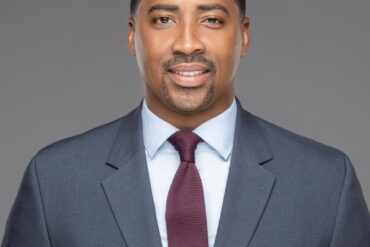“Power concedes nothing without a demand. It never did and it never will. Find out just what any people will quietly submit to, and you have found out the exact amount of injustice and wrong which will be imposed upon them, and these will continue till they are resisted with either words or blows, or with both. The limits of tyrants are prescribed by the endurance of those whom they oppress.” – Frederick Douglass, 1857
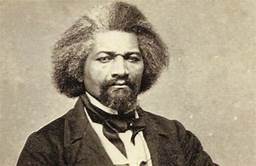
Last week I, along with Elzie Higginbottom and Eileen Rhodes, hosted political experts Donna Brazile, Minyon Moore, and Yolanda Caraway in a group signing of their book, For Colored Girls Who Have Considered Politics.
The book is about their political journeys from day one as young, fresh-out-of-school community organizers and political workers to eventually rising to the top of the Democratic Party, working in the White House and training Democratic workers.
Their journey started when they were newbies and progressed through the Civil Rights Movement to the Jesse Jackson presidential campaigns of 1984 and 1988 to the Clinton White House to the Hillary Clinton campaign to now.
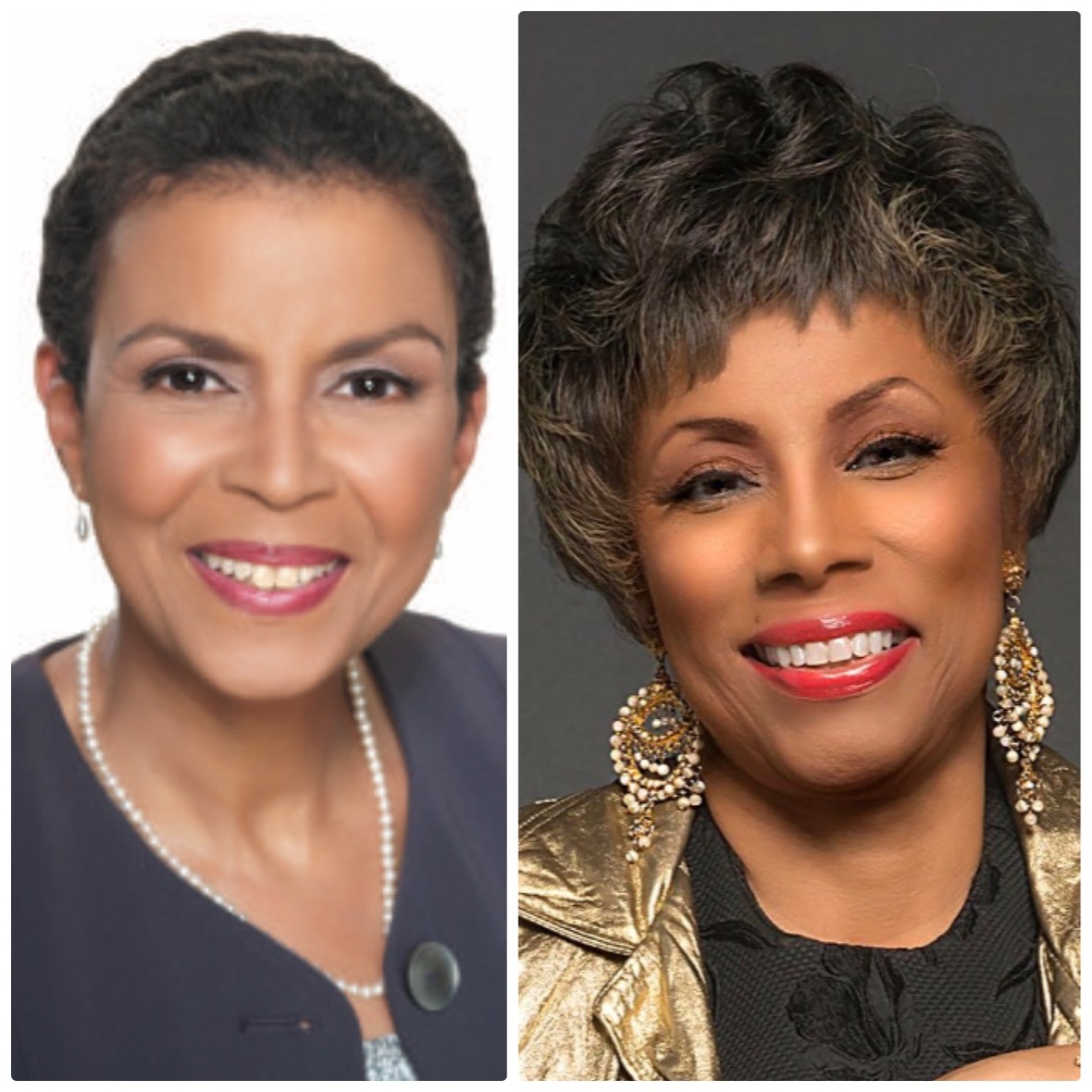
Delmarie Cobb, a Chicago political strategist, and I interviewed these ladies on a journey that we, too, have taken. All of us have not always agreed on the candidate, but came to the table with loads of respect for each other and with wins under out belts. The same people have mentored us all, up close and from afar. This interview was girl friends talking.
The notable Donna Brazile has served as chairperson of the Democratic National Committee. She was the first African-American woman to direct a major presidential campaign, as campaign manager for Al Gore in 2000. Donna is a well-known, respected political strategist and pundit often seen on mainstream TV with discussion and commentary.
Minyon Moore was chief executive officer and chief operating officer of the Democratic National Committee and before that, assistant to the President of the United States, director of the White House Office of Public Liaison, and director of White House political affairs under President Bill Clinton. Minyon is a Chicago lady, a CVS High School graduate who started out working with Rev. Willie Barrow at Operation PUSH.
Yolanda’s Caraway’s best student was Northwestern University student Rahm Emanuel. She started her politics at the age of 14 years old in New York working on Robert Kennedy’s Senate campaign. Her job was knocking on doors to discuss her candidate. She was a political director on Walter Mondale’s 1984 presidential campaign and was a pivotal player in the historic election of the late Secretary of Commerce Ron Brown to chair the Democratic National Committee in 1989.
All of the ladies are well versed in making voice-to-voice phone calls (not robocalls), knocking on doors, and organizing people into rooms for the candidate. That is step one, one-on-one, day one politics.
As we chatted, we all remembered the days before the contacts were so plentiful and before you knew who to call for what. We chatted about the beginning days to where we are now.
One of the questions from the audience haunted me. The lady was a block club leader looking for a mentor. The question was, where do I go for mentoring. All of the political ladies had mentors.
Their mentors were Coretta Scott King, Maya Angelou, Betty Shabazz, Rev. Willie Barrow, Rev. Jesse Jackson, Ron Brown and the grand lady herself, Dorothy Height, who served as president of the National Council of Negro Women for 40 years.
On Mentoring
I answered the question by saying get involved. Join a political campaign – you meet lots of people and make new friends and often they become life long friends. Join local organizations like PUSH, the Urban League, the NAACP, and the YWCA and make yourself useful and known.
I told her you have a lot of power in a block club. Mentoring is a funny thing. While you are being mentored, rarely do you recognize it as such. Often you remember mentoring as you reflect your very own life influences.

But her question has haunted me since the book signing because it forces a look at the so-called “millennials.’’ Chicago is in a novel phase of politics. We are like Heinz Ketchup, with about 17 varieties for mayor. There is clearly a candidate for everybody. Where you land is purely your choice.
But there are basics involved in winning campaigns that have not changed and that matter to all campaigns. Number one, there is nothing like hard work; hard work pays off. There is nothing like walking the streets and knocking on doors, social media notwithstanding.
Social media is merely another tool, not the ultimate tool. Social media friends do not always translate to votes at the polls. There is nothing like watching and leaning on and learning from the experienced, that is, those who have done it before. There is nothing like watching the habits and patterns of winners.
Like it or not, Trump has brought forth a new era of politics. The “Trump tweet” is effective as the news cycle follows and reports overnight tweets. Trump’s tweets have made the presidential press conference passé.
Celebrity endorsements and support are great, but they have to translate into votes and/or money and preferably both. Structure counts; an infrastructure matters.
People are voting less and less. Too many are disgusted with politics and really think it does not matter and so what. Pew Research tells us that four in 10 Americans eligible to vote do not vote. Voting patterns show that the older you are, the more likely you are to vote and the younger you are, the less likely you are to vote. Mr. Apathy wins.
That is the problem for the millennials, no matter the candidate; they simply don’t turn up at the polls. I sincerely hope the efforts of Chance the Rapper and Kanye West and other hip-hop involvement in Chicago drives their peers to the polls. Meanwhile, the nursing homes are where the voters live.
Barack’s Magic
And then there is this thing called power. Power is never given, or passed on. It is always earned; it is always worked for. Many have what I call “Barack fever” – that is, thinking they will be the young unlikely guy who just rolled up his sleeves one day and decided to run for president.
Nothing is further from the truth; that’s not how it happened with Barack. Obama learned hard-core lessons about a shining fresh face from Harvard new to the Chicago political scene when he lost his Congressional race to the street smart incumbent Bobby Rush. It was his first losing campaign.
Then Barack earned his stripes as a young politician in the state senate. He studied under the very astute Illinois Senate President Emil Jones, who mentored him. He set his sights on the United States Senate, which put him in a statewide race. It meant that he had to leave the comforts of Chicago and go to farm country downstate.
For his first national campaign, Barack had seasoned people around him; the novice volunteers came and were assigned to work, with purpose and direction, by those who had traveled the path before. Barack himself is quite a strategist who knew how to bring people together.
And last but not least, he is absolutely one of the hardest working people you will ever meet. And yes, most definitely, he knocked on doors, along with Ken Bennett. Barack Obama’s political ascension was far more than some mere quixotic notion.
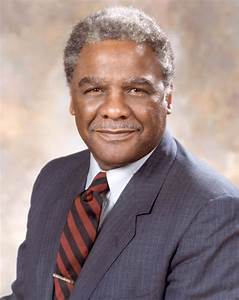
Harold’s Work
In too many closed-door meetings, this 2019 mayoral election is being compared to Harold Washington’s campaign in 1983. There is simply no comparison. Harold was one of one, not one of 17. The Black community seized the opportunity, collectively, as a single force.
Black business rallied together under the charge of Chicago Urban League civic leader Bill Berry to raise money. Berry was also the bridge to the corporate community. Community organizers like academics Conrad Worrill and Robert Starks came forth with a vengeance, not taking no for an answer.
The PUSH Saturday morning stage with Rev. Jackson and Rev. Barrow’s clarion calls was in play and there was even a Black underground, a unified groundswell from the likes of cab drivers to union workers to artists. This was a united Black community acting as one.
Harold had at least a hundred kitchen cabinets, one for every category. I was in four kitchen cabinets He was dedicated and committed to the political process. He ate, slept and lived and read politics 25/8. He was relentless, yet his feet stayed on the ground as he reached for the Fifth Floor of City Hall.
But most importantly, he was trained to be a politician by those who came before him. He was a mentored candidate. He was mentored by the Democratic Party. He knew the ins and outs of the Daley machine. He knew the tactics and he learned the skill of politics on Chicago streets. He knew the win. He brought all people together, even if they didn’t like each other.
The millennials are waiting for the passing of the baton. But power simply doesn’t work that way.
And still we rise.


